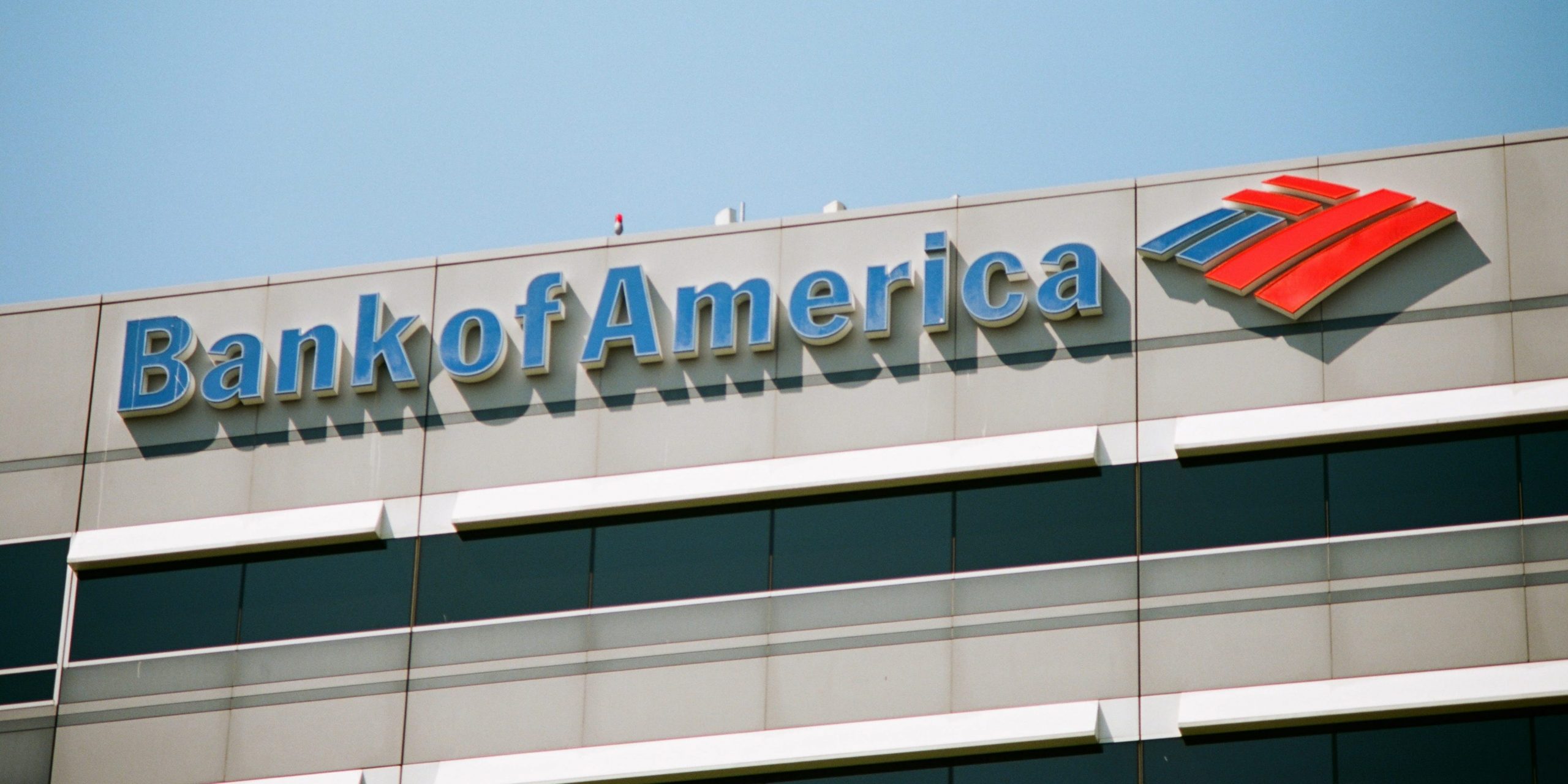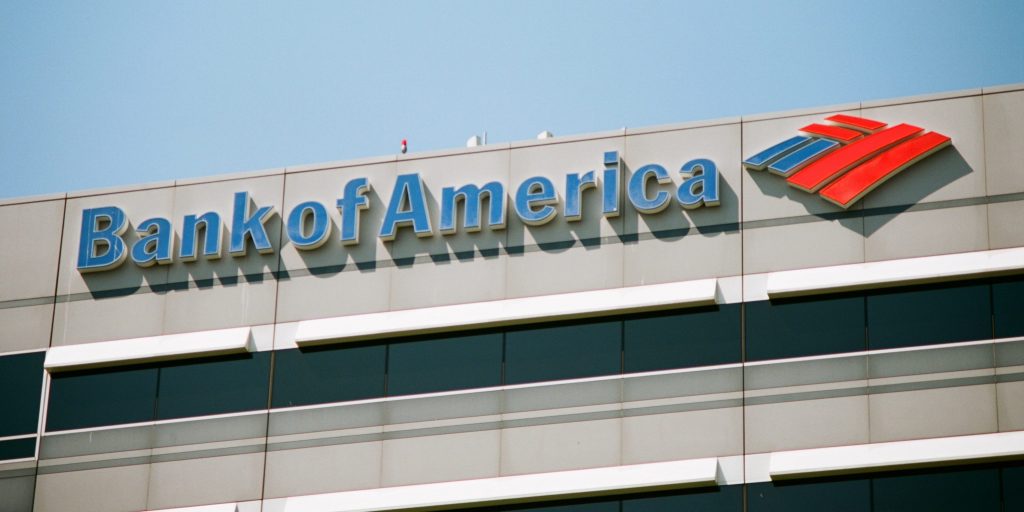
Smith Collection/Gado/Getty Images
- Bank of America launched coverage on digital assets to make sense of a rapidly growing asset class.
- The report – "Digital Assets Primer: Only the first inning" – was led by BofA's head of global crypto and digital asset strategy.
- "It's difficult to overstate how transformative blockchain technology … could potentially be," said Alkesh Shah.
- Sign up here for our daily newsletter, 10 Things Before the Opening Bell.
Bank of America began coverage of digital assets Monday, analyzing what it said was a revolutionary asset class that has now ballooned to $2.1 trillion.
The report, entitled "Digital Assets Primer: Only the first inning," was led by Alkesh Shah, head of global cryptocurrency and digital asset strategy. He said the industry – currently larger than the GDP of Italy or Canada – is simply "too large to ignore."
BofA estimated about 221 million users have traded a cryptocurrency or used a blockchain-based application in June this year. Meanwhile, digital asset-related venture capital funding jumped to $17 billion in the first half of 2021 compared to just $5.5 billion in the whole of last year. Mergers and acquisitions jumped to $4.2 billion year-to-date, up from $940 million in 2020 and $2.5 billion in 2019.
But more than its size, the cryptocurrency sector's underlying technology has massive potential for change, analysts said.
"It's difficult to overstate how transformative blockchain technology, digital assets, and the thousands of decentralized apps that have yet to be created could potentially be," according to the report.
For example, innovations like decentralized applications, stablecoins pegged to fiat currencies, central bank digital currencies, and non-fungible tokens will significantly spur the growth of the space, which should see increased institutional participation and mainstream adoption.
Cryptocurrency outlook: 'rules of the road' may boost participation
In particular, a new medium - with distributed ledgers and blockchain at its core - will be emerging rapidly due to technological advances in decentralized software that is native to the internet, the analysts said. "The applications built on this new software architecture appear to be growing more quickly than past technologies."
New companies will be drawn to this, they added, or else risk being left behind. Leading tech companies and banks have been adjusting their approaches, putting digital assets a "step closer to the end of their Wild West days," referring to Securities and Exchange Chair Gary Gensler calling the space as such.
Indeed, corporate interest in digital assets is already at an all-time high, according to data from the bank's Predictive Analytics team, which used natural language processing to analyze 161,322 earnings call transcripts from the first quarter of 2009 through August 2021.
Despite their optimism, however, the analysts said there are headwinds to the growth of the digital asset ecosystem. A key one is regulation.
"Regulatory uncertainty is the largest near-term risk," they said. "But regulation may drive increased investor participation over the long term once the 'rules of the road' for digital assets are established."
Recently, China intensified its crackdown by banning all cryptocurrency-related transactions in the country. In the US, regulators, including the SEC, have been grappling with how to oversee the space as well with Gensler occasionally giving hints at the direction he may take through public comments.
"Digital asset bulls expect strong performance once governments and regulators introduce the rules of the road," BofA said. "There's likely to be plenty of volatility along the way."
Dit artikel is oorspronkelijk verschenen op z24.nl

